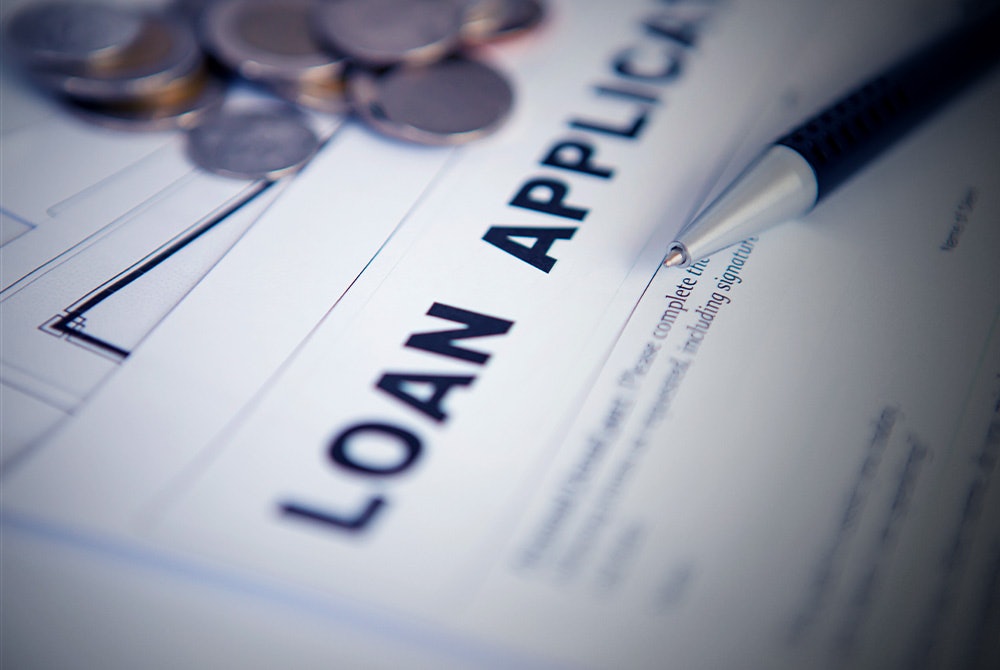If you’ve ever had your personal loan application rejected in Singapore, you know that it can be a very frustrating experience. Particularly in times of need, rejection can be a huge blow.
While rejection rates in Singapore aren’t disclosed, know that personal loan rejection cases are not uncommon. Financial institutions such as banks and licensed money lenders may reject your personal loan application for various rejection reasons, sometimes without letting you know why.
Here are 9 personal loan rejection reasons. Knowing these reasons might help you feel empowered to bounce back if you’ve received a personal loan rejection letter.
Reasons why your personal loan was rejected
1. Low credit score
Having a low credit score reduces your reliability to repay loans in the eyes of lenders. Your credit score is one of the most important factors in getting your loan approved.
2. Insufficient income
If you earn less than $30,000 annually, you won’t be able to apply for a personal loan from most banks in Singapore. That being said, a few banks do allow borrowers to get loans so long as they earn at least $20,000 per year.
3. Excessive existing financial liabilities
Ongoing loans that you have will reduce your likelihood of getting your personal loan approved as lenders may be concerned about your ability to cope.
4. Errors in loan application form
Check your loan application thoroughly to ensure that you’re supplying a lender with the most accurate information.
5. Unstable job history
If you haven’t had stable employment, lenders are more likely to reject your loan application as they worry that you may not be able to make regular repayments.
6. Unstable income history
A regular and steady paycheck gives lenders confidence that you’ll be able to make regular repayments.
7. Bad credit history
Bad credit history is perceived by lenders to be a risk since it’s proven that you have defaulted on payments in the past, or have made late payments.
8. Lack of credit history
If you don’t have a credit history, lenders will not be able to conjure an informed opinion about your likelihood of repaying a loan. It makes it difficult for them to grant you a loan.
9. Ongoing litigation
Any ongoing litigation such as bankruptcy will make it more difficult for you to get a loan.
So, what should you do if your personal loan application was rejected?
It might feel like a lot of guesswork to figure out why your personal loan was rejected in Singapore. Here’s what you can do in that circumstance:
Check the eligibility criteria
The first thing you should do is double-check if you’re indeed eligible for the loan.
Ask the lender why your personal loan application was rejected
Consider reaching out to the lender you applied with to understand their consideration process.
Assess your repayment ability
Are you able to tend to all your existing liabilities and more in the form of a new personal loan? Lenders have access to this information, too, via your credit report.
Provide correct, updated information along with all necessary documents
Make approvals easier for your lender by providing the correct information.
Maintain a good credit score
A good credit score is a reflection of you being a reliable borrower. Work toward improving your credit score by paying your bills and loans on time — loans do affect your credit score. Read on for more information on how to boost your credit score.
Manage your finances well
Good financial management is key to getting personal loan approvals. A good way to start is by relooking your monthly savings and expenditure plan.
Read this next: How To Manage And Get Out Of Your Personal Loan Efficiently?
Does getting rejected for a personal loan affect credit score?
Rejections will not hurt your credit score. However, if you’re making multiple personal loan applications, numerous inquiries from lenders for your credit report within a short span of time may temporarily hurt your credit score.
Does taking a personal loan affect credit score? Here’s why credit score matters
How do loans affect credit score? Every personal loan you have will show up on your credit report, therefore affecting your credit score. To improve your credit score, make it a point to repay your loan instalments punctually throughout your loan tenure.
Regular and timely repayments are deemed financially responsible behaviour by lenders. Your chances of having loans accepted will therefore be higher.
Lenders and banks may be willing to offer you lower interest rates in a bid to reduce your cost of borrowing. They are also more likely to offer you larger loan amounts.
On the contrary, late repayments can result in your credit score decreasing. The good news is that you can take steps toward improving your credit score if you’re patient and willing to put in the effort.
How to improve your credit score in Singapore?
Follow these steps to boost your credit score:
- Repay all secured and unsecured loan instalments before their monthly due dates
- Avoid making multiple loan applications within a short period
- Credit card debts? Pay them as soon as you can
- Avoid putting new charges on your credit cards
- Minimise your credit utilisation ratio, which refers to how much of your available credit you’re actively using. The lower, the better
Food for thought: Can you get a personal loan with bad credit?
If you have bad credit, it is unlikely that you’ll be able to obtain a personal loan from a bank, but there are other options that you could consider.
Naturally, banks are known to be extremely strict and wary of extending credit including personal loans; they typically only extend credit to people with little to no risk of default.
This is because personal loans are unsecured loans, where no collateral is pledged in exchange for the loan. If you default on your payments, the bank will lose that sum of money completely.
You may instead consider borrowing from an alternative loan provider — licensed money lenders. Licensed money lenders are legal money lenders who are more accessible and lenient when it comes to credit assessments.
If you’re struggling to get your personal loan approved, a licensed money lender might be able to help you come up with a customised package that’s suited to your needs.
Get free loan quotes from top licensed money lenders in Singapore on Personal Loan Finder now!

















